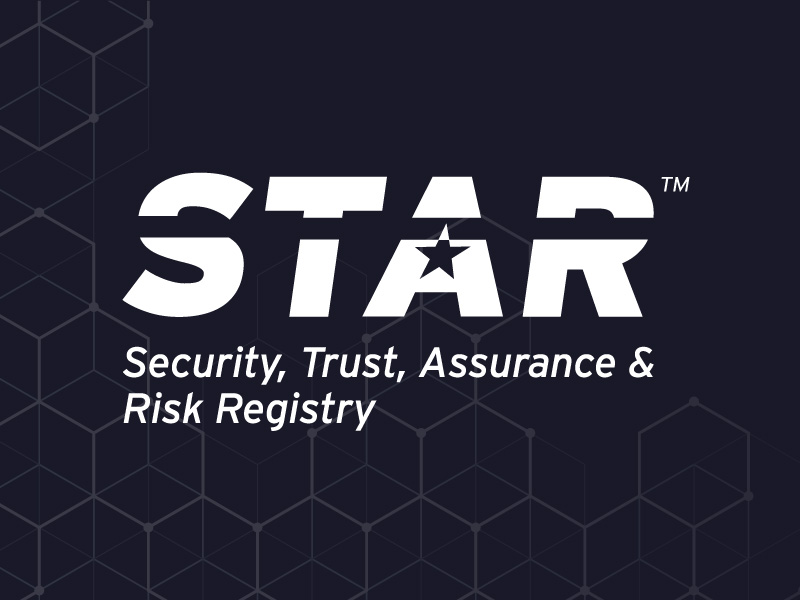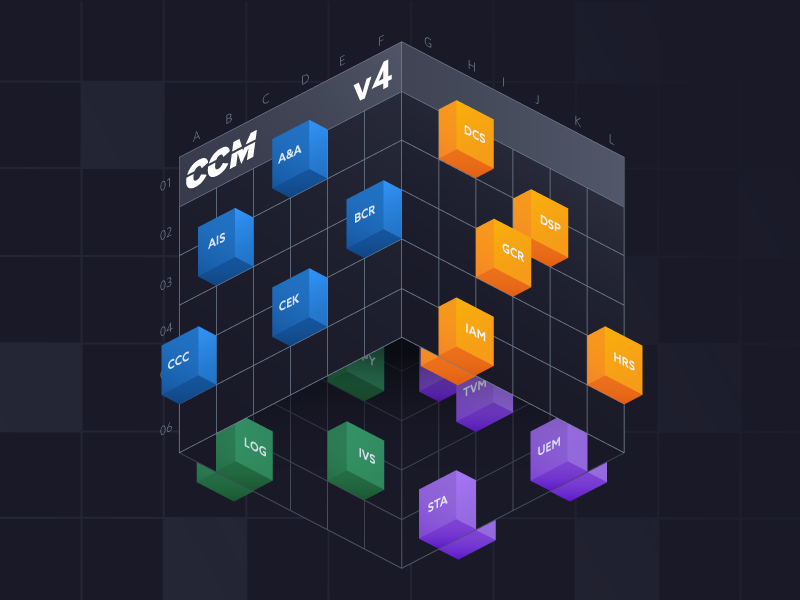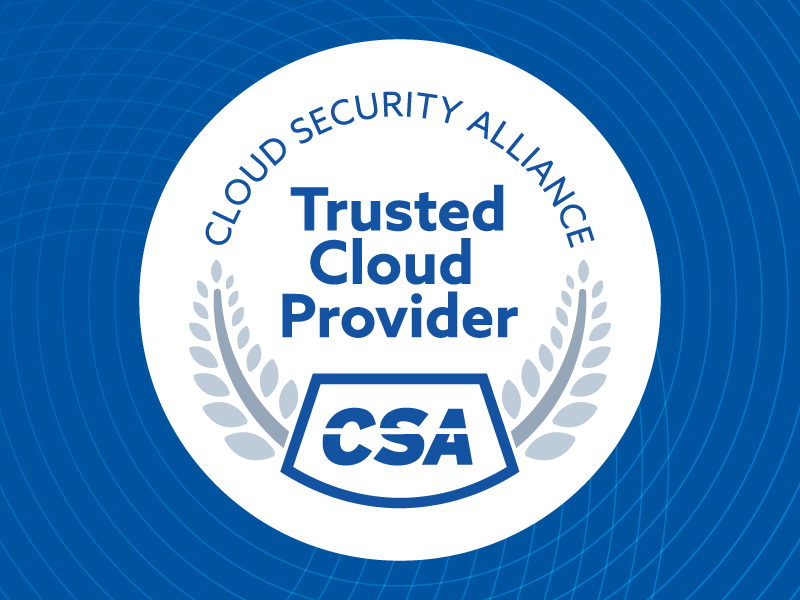AI Regulations on the Horizon: Transforming Corporate Governance and Cybersecurity
Published 09/10/2024
Written by Sukhomoy Debnath.
Corporate Governance in Cybersecurity and GRC:
Corporate governance in cybersecurity and GRC involves establishing frameworks to manage cybersecurity strategies aligned with business objectives, legal requirements, and standards. It encompasses setting strategic directions, defining roles, ensuring accountability, identifying and mitigating risks, and ensuring compliance through audits and assessments.
Impact of New AI Laws on Corporate Governance in Cybersecurity and GRC:
The introduction of new AI laws necessitates revising governance frameworks to incorporate AI-specific policies, enhance risk management, expand compliance efforts, and integrate ethical considerations. Organisations must also train employees on AI regulations and strengthen cybersecurity measures to ensure responsible and compliant AI usage.
As we enter the second half of 2024, AI tools have become pervasive, marking a significant advancement in the 21st century. These powerful tools demand disciplined governance to ensure ethical use, especially in corporate governance, where data breaches can impact public privacy.
Bhagavad Gita 6.34 describes the mind as difficult to control, likening it to the challenge of managing AI systems. In AI governance, this verse highlights the need for effective control and oversight, akin to a charioteer guiding a chariot. Just as the mind requires disciplined management, AI systems need robust governance to ensure they operate ethically and effectively, addressing their complexity and impact.
Anticipating the future, we can expect significant upgrades in corporate governance frameworks.
- Increased Accountability: AI Regulations may impose requirements for transparency, accountability, and explainability in the deployment of AI tools.
- Risk Management: AI Regulations may define new risk scores for assets triggering robust and stringent Risk Management and improved safeguards towards stronger corporate governance.
- Board oversight: Boards should enhance oversight of AI risks and opportunities, ensuring they understand AI's impact on operations, strategy, and risk. They may need AI governance expertise and must ensure proper policies are in place to address AI challenges.
- Ethical & Responsible AI Practices: AI Acts may require companies to adopt ethical AI practices, like preventing bias, safeguarding data privacy, and promoting fairness. Integrating these principles into corporate governance helps protect stakeholders and maintain trust.
- Compliance and Reporting Obligations: Companies may face new compliance obligations under AI Acts, including reporting on AI performance, auditing, and data handling. Meeting these demands requires strong governance and internal controls to ensure accurate reporting and regulatory adherence.
- Impact on Strategy and Innovation: AI Acts may shape companies' strategic decisions. Organisations must assess how regulations would guide AI investments, R&D, and adapt governance frameworks to integrate AI while managing risks and compliance.
- Stakeholder Engagement: Companies must engage with stakeholders — shareholders, customers, employees, and regulators—to address AI governance concerns. Transparent communication about AI policies and performance is key to maintaining trust and support.
Overall, AI Acts can shape corporate governance by driving greater accountability, risk management, ethical practices, compliance, and stakeholder engagement in the context of AI adoption. Companies that proactively integrate AI governance considerations into their corporate governance frameworks are better positioned to navigate regulatory requirements, mitigate risks, and capitalise on the benefits of AI technologies responsibly.
About the Author
.png)
Unlock Cloud Security Insights
Subscribe to our newsletter for the latest expert trends and updates
Related Articles:
OpenClaw Threat Model: MAESTRO Framework Analysis
Published: 02/20/2026
CCM v4.1 Transition Timeline
Published: 02/19/2026
Token Sprawl in the Age of AI
Published: 02/18/2026
Breaking Down the SOC 2 Trust Services Criteria: Privacy
Published: 02/18/2026







.png)

